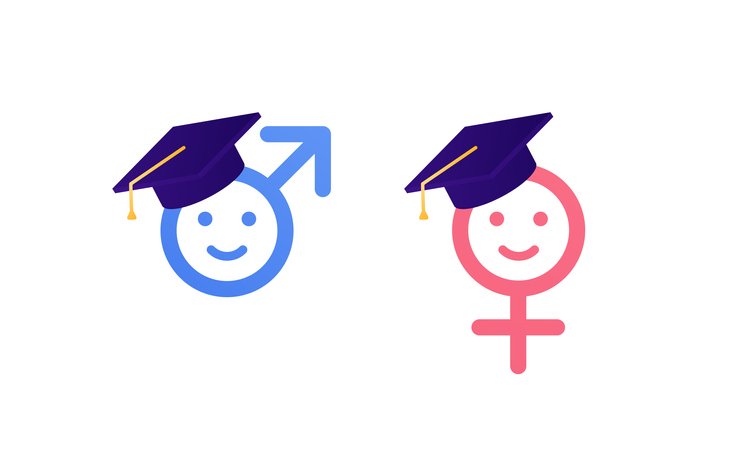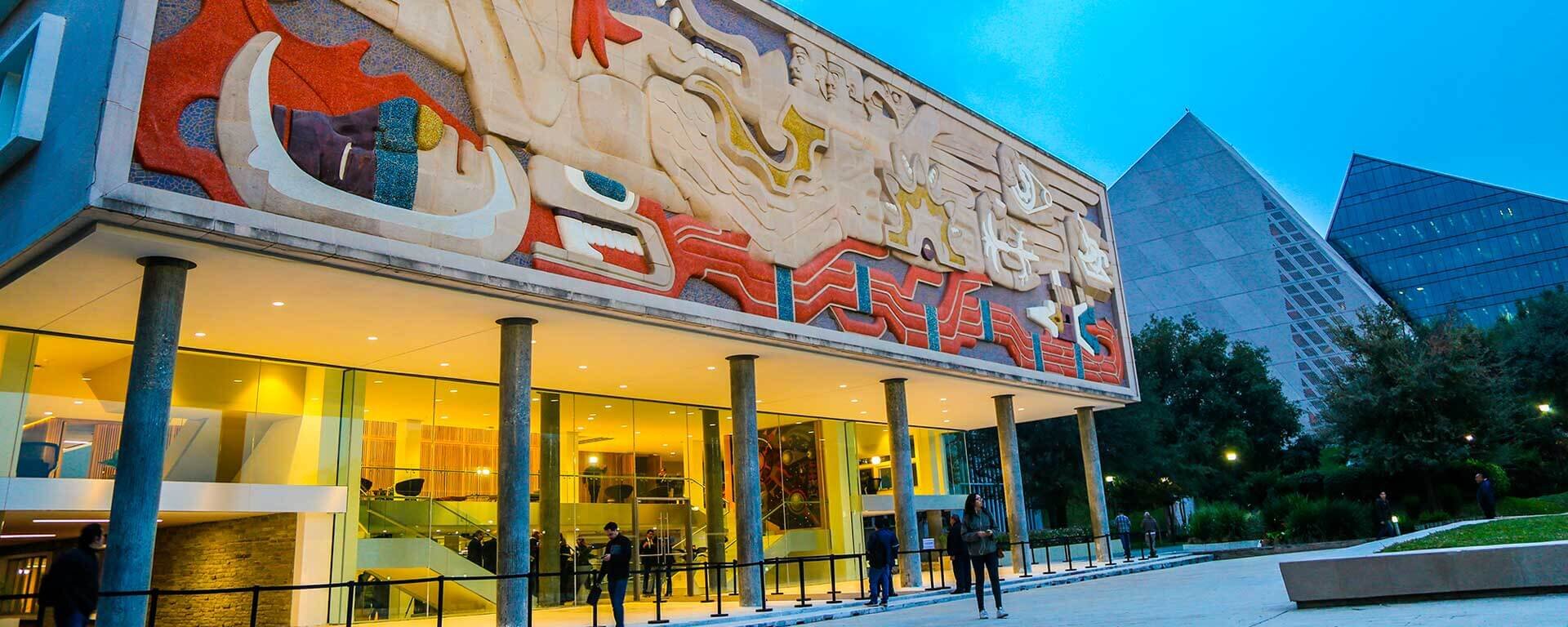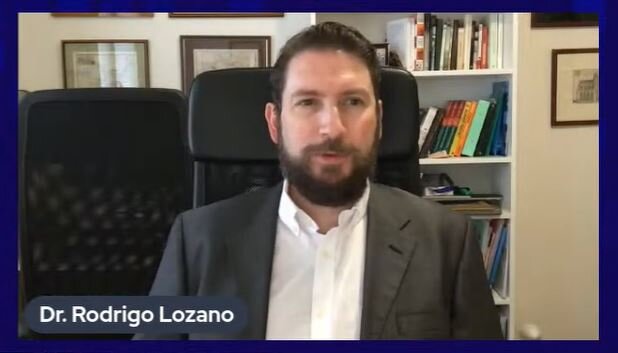As higher education becomes more expensive than ever, students have to explore alternatives. Could Community Colleges be a solution?
Photo: Bigstock.
Is fairly worrisome when an item like education that should be public and free has the same price tag as a house and cand bound you to a 20-50 years debt. The United States is facing an educational crisis right now; the situation is so severe that it has future students deciding if they want a degree or to eat.
In this harsh economic climate, a new option has raise to offer people a stepping stone into higher education. Community colleges have significative lower costs than traditional colleges, they also take less time to be completed (at least theoretically), but even with the presence of this set of institutions, we still can’t claim victory in the fight to provide useful and affordable education for everyone. What are the pros and cons of community colleges and what can we expect from them in the future as a game changer in the higher educational offer.
The pros
The most attractive aspect of community college is its costs. The average prices per credit at a two-year public school is $135, that is less than half than universities charge, every credit costs an average of $325 at a four -year traditional college.
Apart from money, time is our most valuable resource, and community college treats it well, their programs and schedule are way more friendly than the university ones, allowing students to juggle between study, work, family, personal projects and more.
It also offers a second chance for people who need a boost of grades. Universities often traditional colleges, require higher grades and other instances of excellence for admittances and even scholarships. For every student that didn’t get great highs school performance, this is an opportunity to raise their GPA and land a spot in a high profile university.
Students that are seeking flexibility in their search for their calling will be well served; the lower prices of community colleges make it easier to change careers within the institution that it would be in a university.
Even if community colleges seem like a stellar option on paper, they have their drawbacks, so it is reasonable to think people don’t want to rely only on them for higher education. Even for students in this situation, these institutions are a strong contender, since they enable them to get a job while they study, raise money and prepare themselves, economically and academically to get into a university later.
The cons
One of the major drawbacks on choosing community college as a starting point is the compatibility with other programs, often credits in a specific community college are not validated in other schools.
Furthermore, those seeking to start in a community college and then transfer to a traditional university, the transition may not seem as easy as it looks. Only 16% of students who enrolled in a community college in 2010 and changed to a four-year degree finished it successfully by 2016. On the other hand, 62.4 of students who started in traditional university achieved their degree in six years, according to data provided by the National Student Clearinghouse Research Center.
The curriculum on a community college is practical and favors a direct approach towards technical jobs, making it a good option for people who want to position themselves in the workforce quickly. But for students who wish to make a career in more academic fields like liberal arts, sociology, even physics or advanced tech, the curriculum can be limiting.
In the face of the economic crisis of the educational system, it’s essential that we keep exploring new ideas, methods, and institutions to enable young people, give them the tools they need to join the workforce and have a career without acquiring crippling debts.
The rise of community colleges as an alternative is not a final solution, but it is indeed a step in the right direction.
This article from Observatory of the Institute for the Future of Education may be shared under the terms of the license CC BY-NC-SA 4.0 
)
)











)
Rebeca Ruiz
Edu News
Rebeca Ruiz
Edu News
Rebeca Ruiz
Edu News